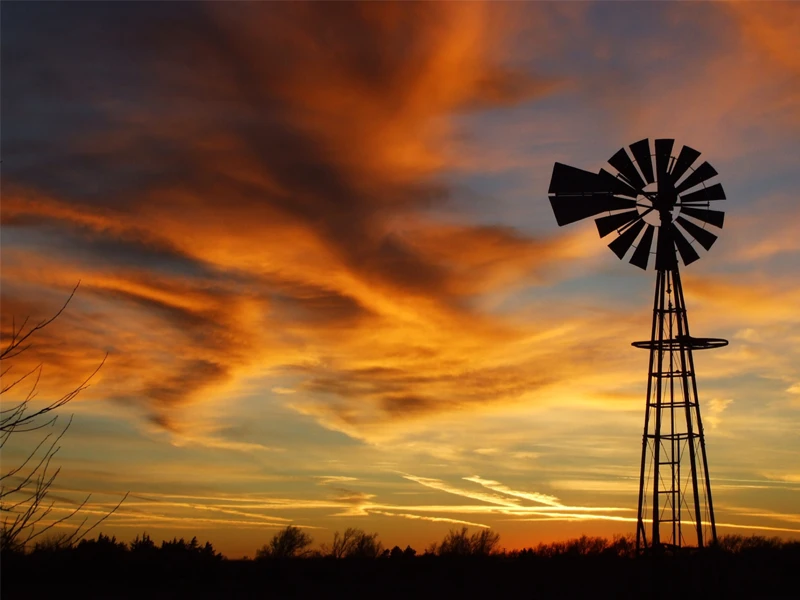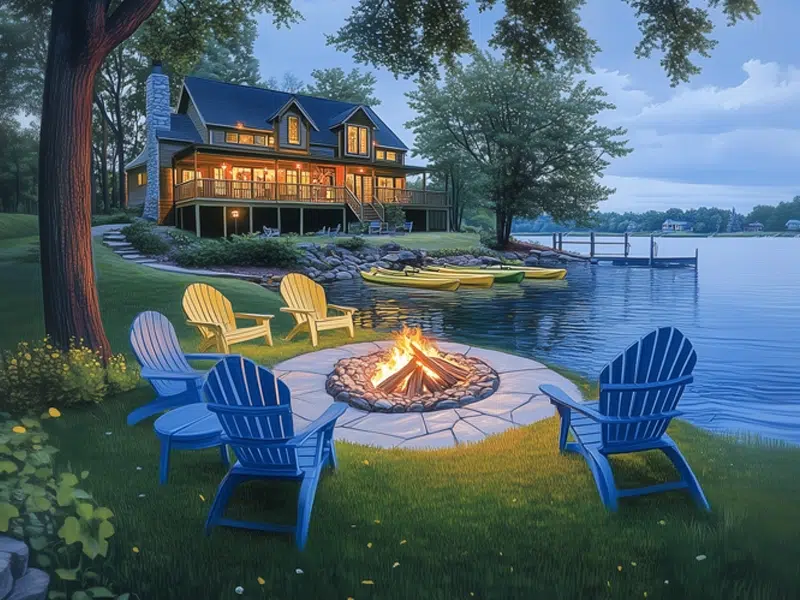Current Airbnb Laws and Regulations in Kansas- Updates for Hosts in the Sunflower State
As with various other states, Kansas is beginning to understand the importance of regulating short-term rentals. By updating current Airbnb laws and regulations, it strengthens protection for both hosts and rental guests. Lawrence Kansas has recently updated the short-term rental regulations and changed the legislation for owner-occupied rentals. Going forward, hosts should continue to look for short-term rental updates within local municipalities.
If you have questions about short-term rentals in Kansas, contact Proper Insurance. Our agents are experts in the vacation rental industry. Call 888-631-6680 today.

Lawrence, Kansas
Adjusts Airbnb Laws and Regulations for Non-Owner-Occupied Rentals
Lawrence currently requires hosts to secure an annual license and undergo inspections in order to operate a short-term rental within the city. An ever-adjusting topic in most cities across the nation, Lawrence is no exception, revisiting the governing ordinance in October 2020 and adjusting current Airbnb laws and regulations. The biggest change within the regulations, however, was a change in non-owner-occupied rentals. The update from the ordinance states:
- “The amendments within Ordinance No. 9740 now prohibit Non-Owner Occupied Short-Term Residential Rental Property located within RS and PD districts. Non-Owner Occupied Short-Term Residential Rental Property is permitted within all other zoning districts within the City. In addition, an Accessory Dwelling Unit or Duplex located on a Lot in an RS district or PD district may be used as a short-term rental property if and only if 1) the Lot is owner-occupied, and 2) the accessory dwelling unit or duplex is a lawful use of the property.”
An owner-occupied short-term rental is now defined as, “A dwelling unit in which the owner resides more than 270 days per calendar year (the previous definition was more than 182 days per calendar year).” Additional changes to the ordinance include:
- Eliminated the requirement and ability to obtain a Special Use Permit for Non-Owner-Occupied short-term rentals.
- Any licensee, owner, or person is limited to a maximum of three short-term rentals at any one time.
- The short-term rental license shall be displayed on all listing platforms for which the short-term rental property is advertised for rent.
- All short-term rentals shall be inspected by the Code Official at the time of licensing and, thereafter, biennially.
Wichita, Kansas
Requires a License and Has New Zoning Regulations
The city of Wichita has implemented new regulations for short-term rentals (STRs). These regulations aim to balance the growth of this industry with concerns about neighborhood livability and safety. To stay current on regulations, visit the city of Wichita’s website.
The following regulations are in place:
- Licensing: All short-term rentals require an annual license.
- Zoning: The city’s website breaks down the different zoning options into three categories, onsite owner, without onsite owner & stays shorter than 28 days, and without onsite owner or manager & at least 28 days. Each option has different zoning laws. Visit their website to learn more.
- Inspection: STRs are subject to inspections if a complaint is made. The property must be up to city codes including fire, building, and zoning. The STR license may be revoked until the property has passed all inspections.
- Minimum stay: One-night minimum allowed.
Quote Your Short-Term Vacation Rental Today
Interested in a policy to protect you and your business from liability and damage claims? Proper Insurance is the nation’s leading short-term vacation rental insurance provider, with the most comprehensive policy on the market. We protect homes in all 50 states with unmatched coverage for your property, revenue, and business liability, customized to include guest-caused theft/damage, liquor liability, amenity liability (bikes, kayaks, hot tub, etc.), bed bugs, squatters, and more.
Please note: The information provided is intended as a guide and may not be comprehensive or current. Regulations may change and could vary by area or situation. Always consult local authorities or a legal professional to ensure you have the most accurate information for your short-term rental property. If you have any additional information or updates relating to our posts, let us know at info@proper.insure.



